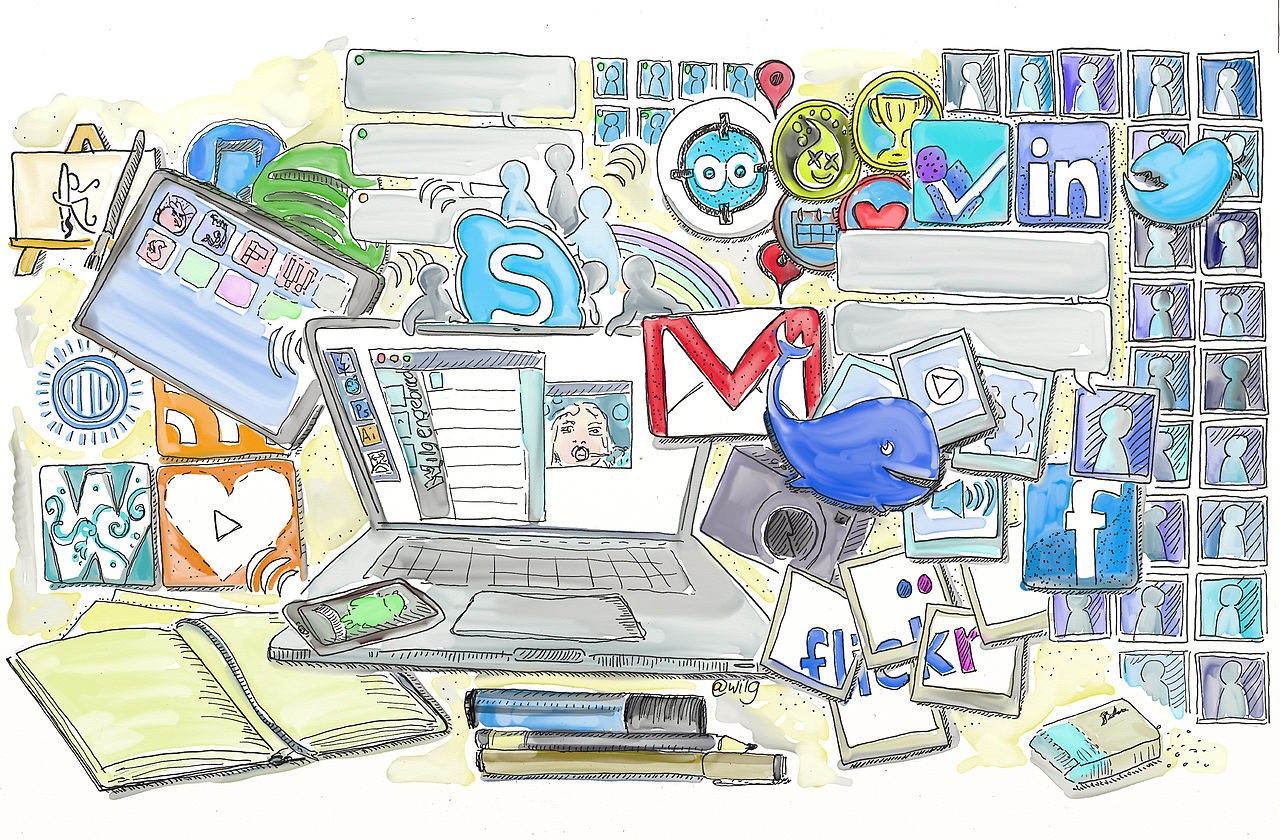
Social media addiction was proven to be “programmed” in our genes. Researchers from King's College London compared the use of online media by approximately 4,250 identical twins and 4,250 non-identical twins. The study revealed that genes were responsible on 39 percent of time spent in internet use (for cyberspace surfing).
Experts claimed that this showed the media was not the only entity responsible. Certain people were naturally vulnerable to social media addiction.
"The key component of gene-environment correlation is choice," said Professor Robert Plomin, a senior researcher at King's College London. "Such individuals are not passive recipients of their environment, but instead actively select their experiences. These selections are correlated with their genetic predisposition," he added.
This was the first study to find a solid correlation between social media habits and genes. The study analysed the online media use by approximately 8,500 16-year-old twins from the Twins Early Development Study in UK.
They deliberately compared identical twins (who share 100 percent of their genes) and non-identical twins (who share 50 percent of their genes). By doing so, researchers were able to estimate the relative contribution of genes and environment on individual differences in engagement with a range of online media, including games for entertainment and education, as well as time spent on chat rooms, various instant messaging platforms and Facebook.
The amount of time spent on all social media can be associated with heritability. They found that genes contributed to 24% of time spent online for social networking. Heritability was also responsible for 37% of the time spent on digital entertainment, 34% on educational media, and 39% on online game. After that, unique environmental factors started to play a role.
These unique environmental factors include varying access to media sources within a family, such as whether one sibling had his/her own cell phone, or whether the parents monitored the use of social networks strictly.
The research team was led by Ziada Ayorech. They concluded that the findings contradicted the existing belief that people were passively exposed to the media. Instead, the findings supported the view that people tailor their own online media use based on their own unique genetic predispositions.
Ziada Ayorech said: "Our findings contradict popular media effects theories, which typically view the media as an external entity that has some effect– either good or bad– on 'helpless' consumers."
"Finding that DNA differences substantially influence how individuals interact with the media puts the consumer in the driver’s seat, selecting and modifying their media exposure according to their needs,” said Ziada Ayorech.
The results of this study raise questions about personalised media and the extent to which social media "filter bubbles"; only expose us to the information that supports our own point of view, while sheltering us from conflicting arguments. However, Plomin showed that individual differences still hold an integral role.
Text by Denistya Sagita
Stock photos from Heritage Daily
Source(s):